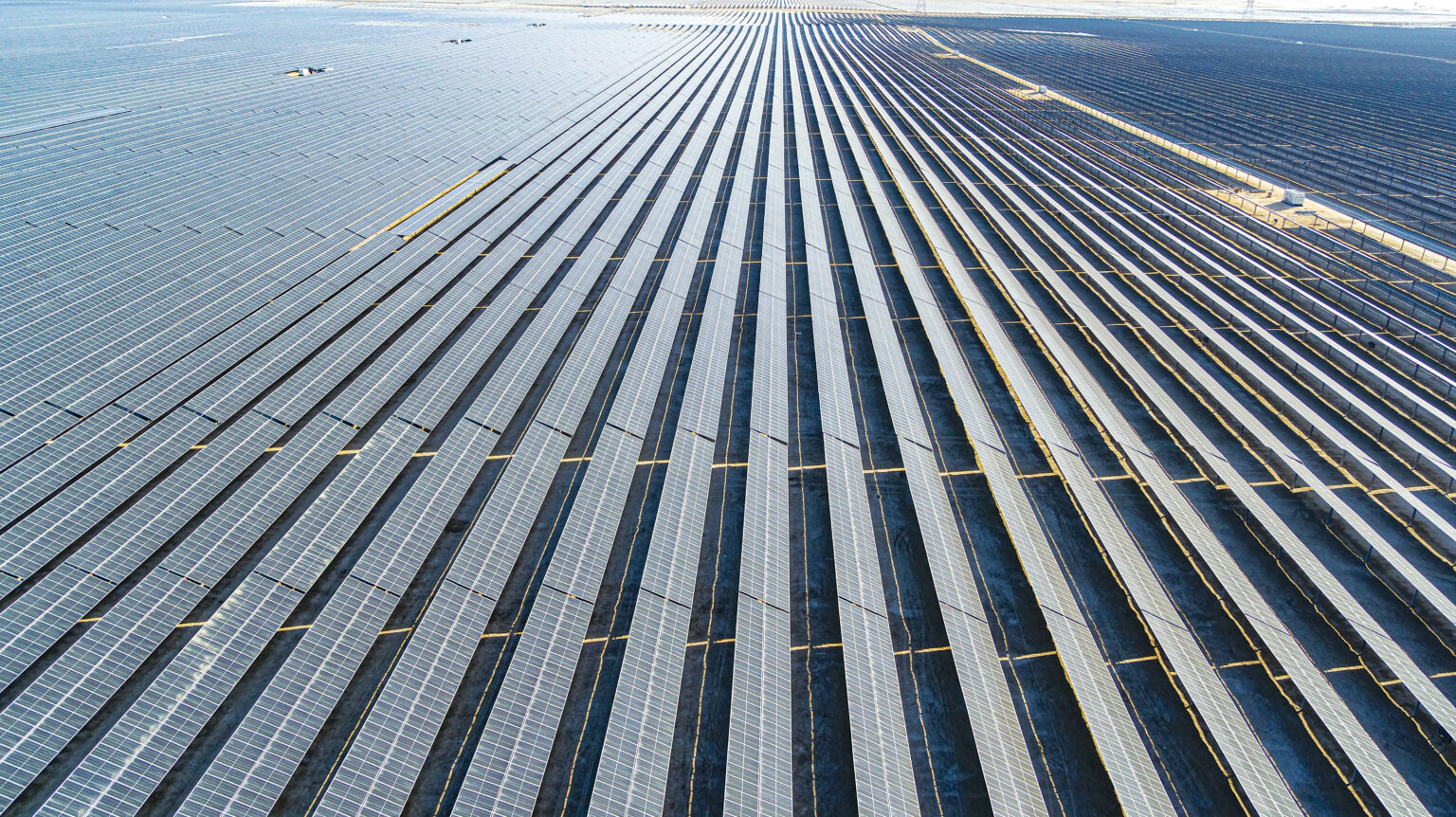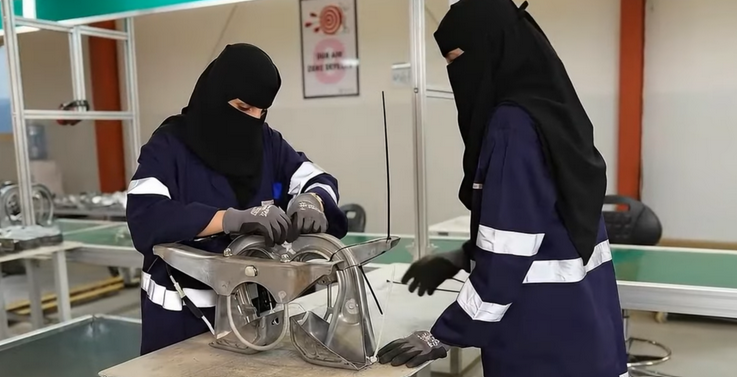Malaysia has unveiled an ambitious plan to invest approximately $135 billion in the development of renewable energy sources by 2050, according to 24KZ. The initiative includes the construction of hundreds of clean energy facilities, expansion of solar panel manufacturing, and a wide-ranging upgrade of the country’s energy infrastructure. The roadmap also features incentives such as tax breaks and subsidies aimed at accelerating public adoption of green technologies.
Over the past five years, Malaysia has steadily ramped up its renewable energy efforts, investing more than $15 billion in the sector. Key developments include floating solar farms, smart green city projects, and the domestic production of solar panels and components for energy storage systems.
“This is a very big leap,” said Nagentrau Muniandi, a renewable energy expert. “The government is rolling out several programs that provide direct support to the population through subsidies and tax incentives for renewable energy adoption. At the same time, Malaysia is deepening cooperation with international companies and research institutions. Countries such as China, Japan, Korea, and several in Europe are actively investing in Malaysia’s clean energy sector.”
Currently, renewable energy accounts for around 25% of Malaysia’s energy mix. The new plan aims to raise that share to 70% by 2050. Hundreds of hydro and solar power plants have already been deployed across the country, providing enough capacity to supply electricity to around 7 million homes.
Zach Yong, a committee member of the Photovoltaic Industry Association, acknowledged the scale of the challenge ahead.
“The goal is ambitious but achievable,” he said. “It will require strong collaboration between the government, private sector, and grid operators. The decommissioning of aging coal and gas plants, modernization of the grid, and deployment of large-scale energy storage systems are all essential. Transparency in project allocation and increased financing will also be key to sustaining momentum.”
According to the International Renewable Energy Agency (IRENA), Malaysia stands to benefit significantly from the transition. A full-scale rollout of renewables could save the country up to $13 billion annually and create more than 300,000 new jobs by 2050.








